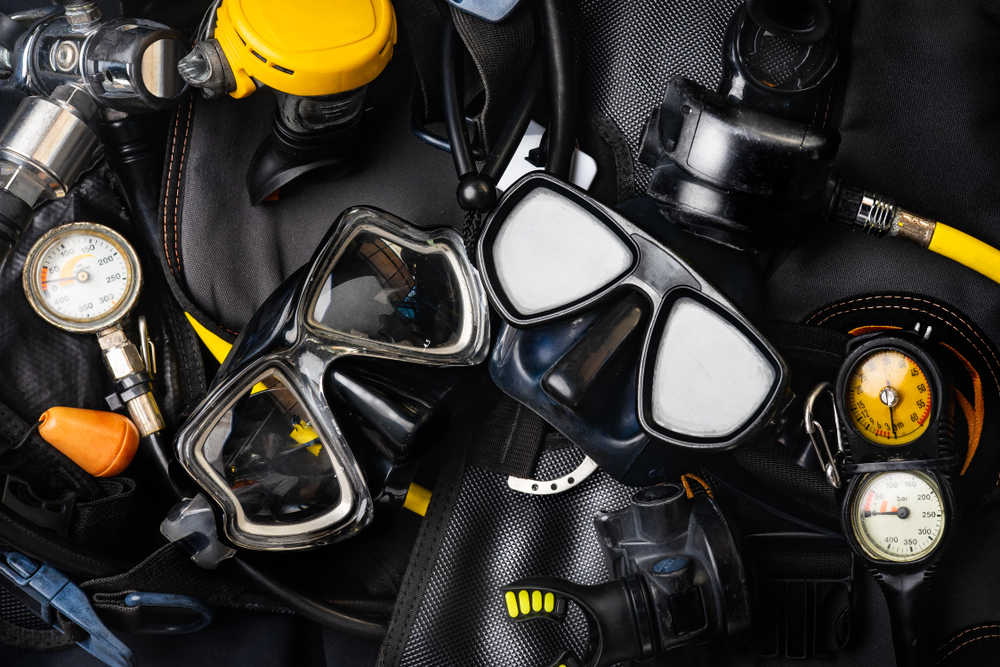FinderTravis
Full Member
- Joined
- Nov 4, 2022
- Messages
- 232
- Reaction score
- 830
- Golden Thread
- 0
- Location
- British Columbia.
- 🏆 Honorable Mentions:
- 2
- Detector(s) used
- Garrett AT Max international with Z-lynk
Garrett AT Gold
Radio Shack MICRONTA 3001
Z-link AT pro pointer
34'' Bushpro stainless steel tree planters shovel
- Primary Interest:
- All Treasure Hunting
- #41
Thread Owner
Thats almost like hydraulic oil on weather checked tires, works like a charm..Hey M....
Wanna bone ? ? ?
Thought i would share this eventually here...... its in experimental stages still..... but so far....
Excels.
View attachment 2131389




 I hope so, just to protect those little puppy's.
I hope so, just to protect those little puppy's.